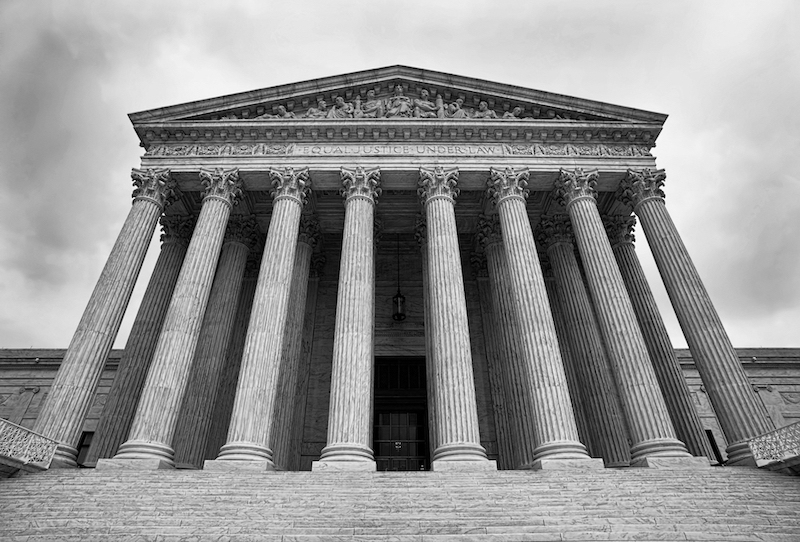This article looks at three different cases by the Supreme Court, two already decided and an upcoming decision, that have the potential to remake or undo the "administrative state", as conservatives like to call it.
Effectively, the Supreme Court is mandating that Congress legislate only in the way it authorizes.



This is a gross mischaracterization. The Chevron decision states that the court should first refer to whether the statute written by congress answers the specific question at hand.
If it does not, the court should defer to the agency's interpretation of the statute so long as the interpretation is permissible, e.g. does not contradict the letter of the law.
It does not say that the court must always defer to the agency's interpretation of the law or that the court does not have the authority to evaluate the soundness of particular agency policies.
The gross mischaracterization seems…neither that gross nor mischaracterized. The magnitude of difference between you explanation and the first quote doesn't seem that big to me. Then again, I'm also not a lawyer.
In any case, I don't think this substantially addresses the article's argument. I'll concede that you're right. There's still the concerted effort to undermine the Chevron doctrine, however characterized, which grants more power to the judicial branch.
To me, this statement sounds like the Chevron doctrine prevents courts from ruling on whether particular policies of administrative agencies conform to the law.